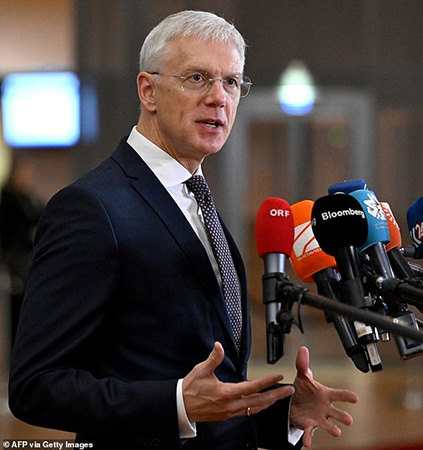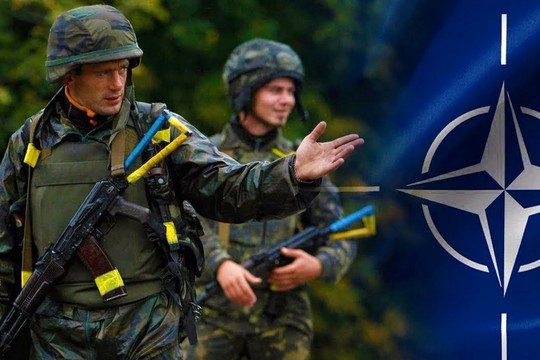Western allies weigh up conscription or national service. It’s no longer so much about recruiting new soldiers as it is about persuading existing troops not to quit, writes POLITICO.
French Armed Forces Minister Sébastien Lecornu presented a talent retention plan to incentivize military personnel to remain in uniform.
That comes a few days after an annual report submitted to the German parliament showed that in 2023, some 1,537 soldiers left the Bundeswehr, reducing it to 181,514 personnel.
As Europe rearms in reaction to the war in Ukraine, countries such as Croatia are mulling bringing back conscription. Others, like Denmark, plan to expand it to include women. Germany scrapped conscription in 2011, but with many in the military ageing out of service there’s renewed discussion over some kind of national service system being reintroduced.
For countries relying on professional armies, the challenge is to make the armed forces attractive — something that's difficult to do in times of low unemployment, fierce competition from the private sector and widespread use of remote working.
In France, military personnel are staying in the armed forces on average one year less than they used to. In the U.K., there’s been an annual hiring shortfall of 1,100 troops — equivalent to two infantry battalions — even though the government contracted out recruitment to private firm Capita.
“The issue is not recruiting but retention, we need to retain also families,” Admiral Lisa Franchetti, the U.S. Navy’s chief of naval operations, said at a conference in Paris earlier this year.
In Poland, the new government earlier this year announced pay hikes of about 20 percent in an effort to retain troops. The minimum monthly salary for a soldier is rising from 4,960 złoty (€1,150) to 6,000 złoty. In response to the growing threat from Russia, the Polish military has grown from 95,000 in 2015 to 215,000 this year.
In Germany, as part of efforts to beef up national defense, the government wants to get its armed forces headcount to 203,000 by the early 2030s — but recruitment is only growing slowly.
The Bundestag’s special commissioner for the armed forces, Eva Högl, has said that reinstating some form of conscription is one way to turn things around, but targeting women is a more obvious move to arrest the decline since potential there is “far from exhausted,” the lawmaker wrote.

Latvia's foreign minister has suggested that Britain consider a conscription model to deter Russia. Krisjanis Karins (photo) said the only way to defend against Russia's aggressive policy was to consider a 'total defence' model which would involve conscripting citizens to fight on the front lines at short notice, writes The Daily Mail.
The foreign minister also said Britain, along with other NATO allies, would have to increase its defence spending in the coming years to protect itself.
The comments follow British Army General Sir Patrick Sanders's calls for the UK to be prepared to answer the call to fight for King and country in the form of a 'citizen army'.
Mr Karins added that Nato was willing to fight for every inch of its members territory and that Britain was important for this defence plan.
Following Finland's model, all able-bodied men between the ages of 18 and 27 are required to complete an 11-month term of national service.
In an exclusive interview with The Telegraph, he said: 'We would strongly recommend this. We are developing and fleshing out a system of what we call a total defence involving all parts of civil society.'
Finland's conscription model has allowed it to build up a small standing army but a large reserve of up to 250,000 trained troops.
The Nordic country joined Nato in April 2023 and their neighbour Sweden followed suit earlier this month.
There is mounting pressure on Rishi Sunak to increase defence spending and explore the possibility of national service…
Tobias Ellwood, a former minister and ex-chairman of the Commons defence committee, said he would take Mr Karins's suggestions into account…
Despite dwindling recruits, the Latvian minister's suggestions were batted away by Lord Dannatt, a former head of the Army who insisted that conscription was not necessary for the UK which is so far from Russia's borders.
The Latvian minister also emphasised that Europe needed to urgently work with the US to ease the pressure as the country increasingly turns its attention towards China…
read more in our Telegram-channel https://t.me/The_International_Affairs

 11:55 26.03.2024 •
11:55 26.03.2024 •























